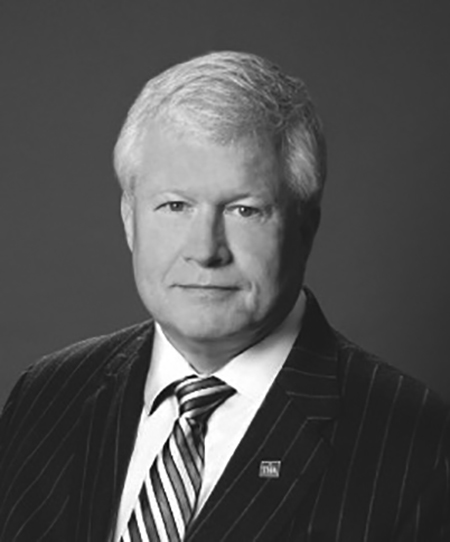 Special to Medical Journal – Houston
Special to Medical Journal – Houston
By TED SHAW, President/CEO, Texas Hospital Association
Of Texas’ 254 counties, 70 percent are considered rural. Yet, just 160 of the state’s 600 hospitals are in rural areas. In addition to the shuttering of nearly 30 Dairy Queens and 87 of the Texas Department of Public Safety driver’s license offices in rural Texas, another rural hospital closed its doors in 2018. That brings the total to 20 since 2013. Texas has experienced more rural hospital closures than any other state, and a number of other rural hospitals have eliminated key service lines such as labor and delivery.
These closures signal a downward trend in the economic viability of certain Texas communities. And for residents of rural Texas, these hospital closures foreshadow a bleak health care landscape in which timely access to quality care is limited, if not impossible.
More than ever, all Texas hospitals need to work together to protect the entire industry but, more importantly, to protect access to high-quality care for all Texans, no matter their zip code.
United we stand. Divided we fall.
The origin of that phrase is lost to history. Some say it comes from the ancient Greek fabulist Aesop; others attribute it to the Book of Matthew in the New Testament. Today, it is the motto for the state of Kentucky.
Its uncertain origins and uses throughout the long course of history speak of its power. The message resonates across time, across cultures and across languages because it is so powerful. Its message is simple, clear and direct and in many ways, obvious. But because human nature is competitive and sometimes self-serving and becomes more so when resources are limited, it’s an important reminder that the only way to succeed is by banding together.
That’s never been more true for Texas hospitals.
Many hospitals feel besieged. They feel at war fighting for the resources needed just to keep their doors open and serve their communities. And, in many ways, those resources are getting fewer and fewer, and the competition for them is getting more fierce. Medicare reimbursement is below cost. Medicaid reimbursement is well below cost. The future of supplemental payments and the financing mechanism that is their foundation are uncertain. Even the basics of hospital financing and operations are not well understood by the majority of individuals who pass the laws and write the regulations that govern hospitals’ ability to provide essential care.
At the same time, a lot of voices are and will continue to clamor for lawmakers’ attention during the 86th Texas Legislature and in the 116th U.S. Congress. And these voices come from all over, not just health care. Every industry needs more funding, wants less regulation. Every industry thinks their work is the most important. Every industry engages in politics and public policy.
For these reasons, Texas hospitals need to be vocal and consistent and frequent in communications and engagement with lawmakers and not shy away from talking about hospital operations and finances and what all Texas hospitals need to be sustainable in order to provide the very best patient care.
A hospital serving the community of Muleshoe is very different from that serving the Dallas metroplex. But at their core, they are the same. They have exactly the same mission. Save lives. Heal people. Ease suffering.
Hospitals’ strength is in that core similarity.
The Texas Hospital Association exists to help all Texas hospitals draw on that strength and similarity and engage with elected officials to explain the importance of hospitals in communities across the state. This is critical for hospitals’ financial health and well-being but, more importantly, for the health and well-being of all Texans.


